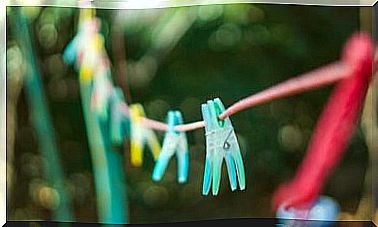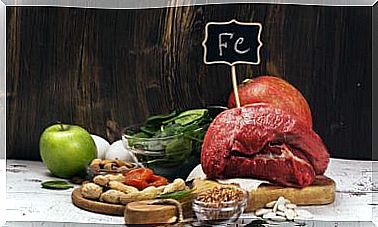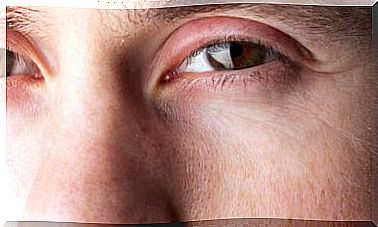Wounds In The Family Circle Take The Longest To Heal
The wounds generated in the family circle can cause trauma, deep deficiencies and voids that we cannot always repair.
The impact of the absent father, the toxic mother, the aggressive language, the screaming or that upbringing lack of security and affection bring something more than the classic lack of self-esteem or those fears that we have so hard to overcome. Many times, the difficulty in resolving many of these intimate and private impacts lies in an early wounded brain.
Stress experienced over time and at an early age can cause the architecture of our brain to change. Structures associated with emotions can be altered, as indicated by a study published in 2003 by the journal Neuroscience & Biobehavioral Reviews .
All this can lead to greater vulnerability, a deeper defenselessness that carries a greater risk when it comes to suffering from certain emotional disorders.
The family is our first contact with the social world. If that context does not nurture our essential needs, the impact can be constant throughout our life cycle.
Let’s see why it is so difficult to overcome all those wounds suffered in the earliest time of our life.
Culture tells us that the family is an unconditional pillar (although, sometimes, it is wrong)
The last scenario in which one thinks that they will hurt, betray, disappoint or even abandon is, without a doubt, within the family. However, it happens more often than we think.
Those reference figures who have an obligation to give us their best, offer us confidence, encouragement, positivity, love and security, sometimes they fail us voluntarily or involuntarily.

- For a child, an adolescent, or even an adult, experiencing this betrayal or disappointment in the family can lead to developing a trauma for which one is never prepared.
- Betrayal or lack generated within a family is more painful. It is not the same as the simple betrayal of a friend or coworker. It is an attack on our own identity and our roots.
The wound in a family circle is inherited between generations
A family is more than a genealogical tree, than the same genetic code, than the same surnames.
- Families share stories and emotional legacies. Many times, these traumatic pasts are passed down from generation to generation in many different ways.
- According to epigenetics, everything that happens in our closest environment leaves its impact on the genes. Hence, factors such as fear, stress or trauma in the family circle are often inherited from parents to children. This means that, on occasions, we are more or less prone to suffer depressions or that we react with better or worse tools in adverse situations.
Although we distance ourselves from our family circle, the wounds are still present
At one point, we do; We say enough and we dare to cut off that harmful link. Thus, we can establish a necessary distance from that dysfunctional and traumatic family.
- Now, the simple fact of deciding to say goodbye to those who hurt us does not bring healing to the wound. It is a principle, but not the definitive solution.
- It is not easy at all to leave behind a history and dynamics, memories and gaps within the family circle.
- Many of these dimensions can be anchored to our personality and even in the way we relate to others.
- People with a traumatic past tend to be more distrustful, they have a hard time establishing solid relationships.
- Those who have been hurt also need to feel reaffirmed ; they long for others to fill those gaps, hence they often feel frustrated because few people come to offer them everything they need.
The advisable thing in these cases is to heal ourselves first as a person before looking to others for what we need.

We can come to question ourselves
This is perhaps the most complex and saddest. The person who has spent much of his earliest life cycle in a dysfunctional home or in a family with a negative parenting style may come to see himself as someone who does not deserve to be loved.
- The education received and the parenting or parenting style in which we have been raised builds the roots of our personality and our self-esteem.
- The negative impact of these footprints is very intense; Hence, many times you have doubts about your own effectiveness, your worth as a person.
Our family circle can give us wings or it can tear them away. It is sad and devastating.
However, there is something we can never forget. No one can choose who their parents or relatives will be. However, there will come a time when we will have the ability to choose how our life is going to be.
Choosing to be strong, happy, free and reach emotional maturity is essential, hence the need to overcome and heal our past. And, if you think you need it, do not hesitate to consult a psychologist.









